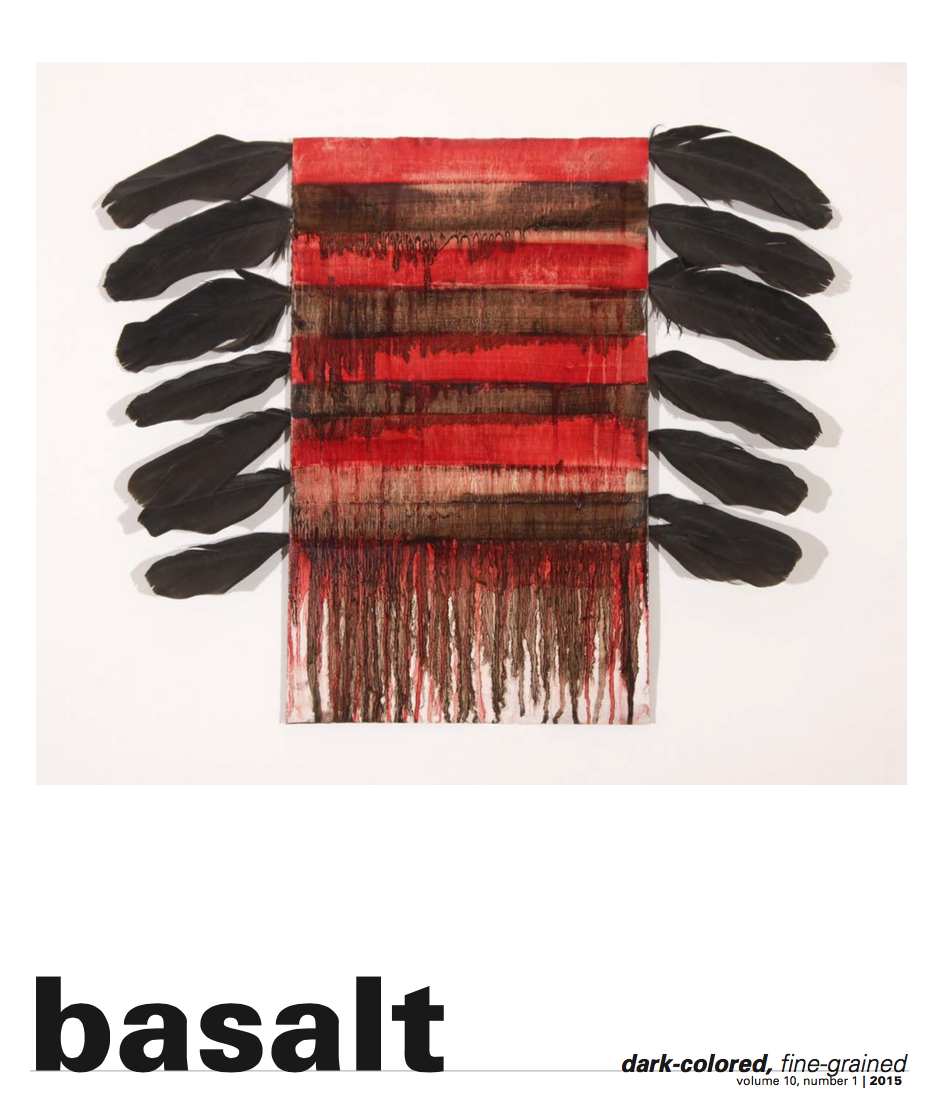Review of Paradise, Indiana by Bruce Snider
 Pleiades Press, 2012
Pleiades Press, 2012
Softcover, $16.95
Reviewed by James Crews
我
After the rains,
tent caterpillars will fill the trees like snow.
Webbed and resinous, they’ll cover
entire limbs, multiplying as they feed,
a strange white silence
even kerosene can’t kill.
So much of Paradise (and so much of life) is about those “strange white silences” we can’t get rid of, and it is these silences, which keep the speaker and Nick from being able to name openly the desire that must have consumed them. This gorgeous book is, of course, an extended elegy, yet it begs the question: How does one memorialize a love whose memory many would rather keep suppressed? The poems themselves are the answer as they ponder what those left living in the aftermath of any tragedy must do to make some fractured sense of it all. But poetry—as Snider well knows—is, at best, a flawed copy of the real, and so he makes do, admitting over and over to the limits of elegy and of writing itself, especially when it comes to describing such a life-altering event, or the place one once called home. In “Heat Lightning Over Tunker,” he writes as always with stark honesty:
. . . Here the dead
know better than to ask for much:
mound of dirt, pine box. On the shore
there’s just another old fishing boat,
but it’s more than enough to cross.
再保险
In the back of that car, all elbows
and mouths, we knew nothing
corrupts like happiness. We ducked
deeper into ripped seats, two boys
in the shadow of cottonwoods . . .
Though Snider shows us pockets in this rural landscape where a young gay man might have escaped, it’s as if the oppressive land itself is always waiting to take over and reassert itself again. “Closing the Gay Bar Outside Gas City” gives us what was once a refuge, but has now been abandoned, reclaimed by nature:
Even the magpies, locked in some
blood-sleep, stir in the eaves as if
to speak of patience and regret. Stains
from tossed eggs mar the sides, dents
from stones pitched through windows
boarded up where FAG and AIDS
are sprayed in flaking paint along
the front . . .
What is remembered desire, if not “some blood sleep”? Another poem, “Cruising the Rest Stop on Route 9” makes evident another risky escape for this speaker:
You lean against the sink, its faucet
dripping, trying to form a word, night
stalled between hand and zipper.
You know a man on his knees
can read the scored tile, torque of
his mouth filled with night and the marsh
fields’ dampness . . .
I hope Paradise, Indiana gains a wider readership than books of poetry usually do, if only to show those who make their lives in rural and isolated areas that there are writers committed to speaking for the voiceless, telling the necessary stories. It’s gratifying that Bruce Snider dwells in the past without so much as a hint of nostalgia, that he offers up both the beauty and devastation of small-town Indiana where, he tells us, “Even the buckeyes I picked/along the dirt road opened to soft gray meant, so much hidden/where you’d least expect it . . .” Snider has unearthed much in this volume, and it reads like a late torch-song (without the sentiment) for a speaker’s first love and the land that shaped him.
